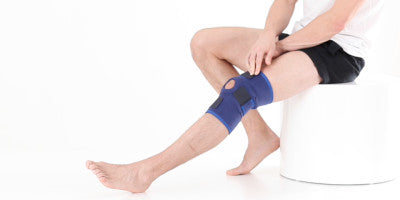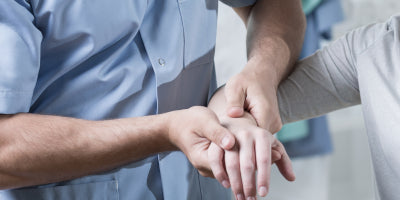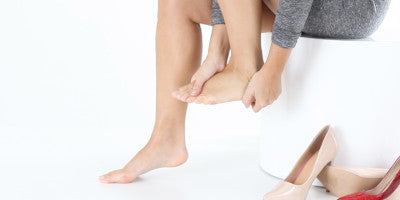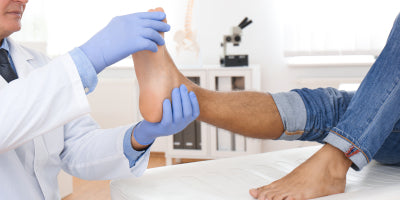Medial Collateral Ligament (MCL) Injuries
What are MCL Injuries?
The Medial Collateral Ligament (MCL) is very thick and broad ligament that runs across the inside of your knee attaching the femur (thigh bone) to the tibia (shin bone). It is normally very stable and stops the knee from collapsing inwards. This ligament is injured when people are hit on the outside of the knee normally when skiing or playing sport. Following an injury to the MCL the knee will be extremely painful and you may not be able to walk on the leg or be able to move the knee.
Injuries to ligaments are graded depending on the severity of the injury:
Grade 1 – there is damage to a few fibres of the ligament. This will produce a local inflammatory reaction but should heal within 4-6 weeks.
Grade 2 – there is damage to a lot of the ligament fibres but the ligament is still intact. There is a large inflammatory reaction and significant pain. These injuries can take 8-12 weeks to heal.
Grade 3 – there is a complete rupture of the ligament. These injuries are extremely painful and there is a massive inflammatory reaction and swelling. Due to this surgery will probably required to repair the ligament.
Common Causes
Common sports that cause MCL Injuries:
- Skiing
- Basketball
- Soccer
- Football
Common Signs & Symptoms
Following this injury the common signs and symptoms are:
- Pain over the medial aspect of the knee
- Pain when trying to fully straighten or bend the knee
- Pain when weight bearing
Condition Management
What should be done following this injury:
- Use ice or a reusable cold pack to reduce the swelling (the recommended time is 10 minutes on with 1 hour off) Never apply ice directly to the skin.
- Use a support to help provide stabilization
- Consult your Doctor or physical therapist
Following this type of injury the Doctor or physical therapist will undertake several specialist tests to determine the exact extent of the injury. If they think that the ligament is ruptured they will refer you onto an orthopaedic consultant for their opinion as to your future management.
The orthopaedic consultant will also test the ligaments of the knee and may undertake an MRI scan to look to confirm the diagnosis. If the ligament is not ruptured (Grade 1 or 2) the physiotherapist will start you on a rehabilitation program in order to reduce your pain, increase your ROM and increase your strength.

















